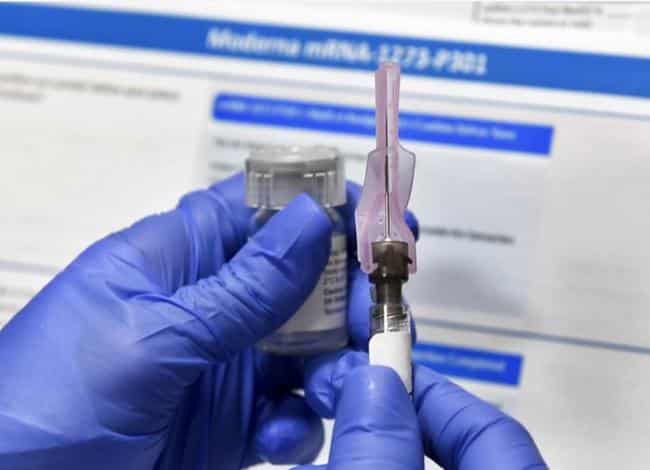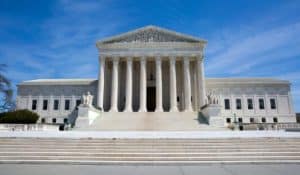The big day has finally arrived. Two days after the NHS vaccinated the first elderly patients with the new mRNA-vector Pfizer vaccine (before quietly asking patients with a history of severe allergic reactions to wait before receiving the first jab).
Meanwhile, as we await the final ruling, here’s a roundup of what to look out for courtesy of CNBC.
When Are They Voting?
The FDA advisory meeting is scheduled to run from 9 a.m. ET to 6 p.m. ET. The vote is likely to happen towards the end of the meeting. Before the vote, outside medical experts will assess Pfizer’s clinical trial data and offer their opinions on the vaccine, including whether the benefits outweigh the risks for an emergency use authorization. Emergency use authorization means the FDA will allow some people to receive the vaccine as the agency continues to evaluate data. It isn’t the same as a full approval, which can typically take months. So far, Pfizer has only submitted two months of follow-up safety data, but the agency usually requires six months for full approval. The advisory committee, which is expected to include 23 members for the meeting, has already been reviewing documents sent by the FDA on Pfizer’s vaccine, said Dr. Paul Offit, a voting member of the committee. Those documents were made available to the public on Tuesday. “The public will see everything that we see,” Offit added.
What Happens Next?
The FDA will make a decision on whether to approve the vaccine for emergency use, which could come as early as Friday, James Hildreth, a member of the committee, told NBC’s “Weekend Today” on Saturday. Health and Human Services Secretary Alex Azar told ABC News’ “This Week” on Sunday that an authorization could come “within days” following the meeting. The committee’s recommendation is non-binding, meaning the agency doesn’t have to accept it. But it often does. FDA Commissioner Stephen Hahn said in September that he had “no intention” of overruling career scientists at the agency, including Peter Marks, who runs the division that oversees vaccine approvals. “I have complete and absolute confidence in the scientists at the FDA and the decision-making that they have here,” he said Sept. 10.vv
How soon will the vaccine be distributed?
The federal government is expected to ship 2.9 million doses of Pfizer’s vaccine to jurisdictions across the nation within 24 hours after an emergency use authorization from the FDA, Army Gen. Gustave Perna, chief operations officer for Operation Warp Speed, said at a briefing on Wednesday.
An additional 2.9 million doses will be held to be distributed 21 days later for second doses, he added.
States had already submitted early plans to the CDC on how they intend to inoculate some 331 million Americans against Covid-19 once a vaccine is approved. The CDC has allocated $200 million to jurisdictions for vaccine preparedness, though much of that funding hasn’t trickled down to the local level.
When will I get the vaccine?
Initial doses of the vaccine will be limited as manufacturing ramps up, with officials predicting it will take months to immunize everyone in the U.S. who wants to be vaccinated. The vaccine is expected to be distributed in phases, with the Centers for Disease Control and Prevention asking states to prioritize health-care workers and nursing homes first.
Dr. Moncef Slaoui, who is leading President Donald Trump’s vaccine program Operation Warp Speed, has said the U.S. should be able to distribute enough vaccine doses to immunize 100 million Americans by the end of February, nearly a third of the U.S. population. He has said the entire U.S. population could be vaccinated against Covid-19 by June.
Then again, depending on your position in the societal class hierarchy, one might find themselves receiving the vaccine sooner than they might expect.



